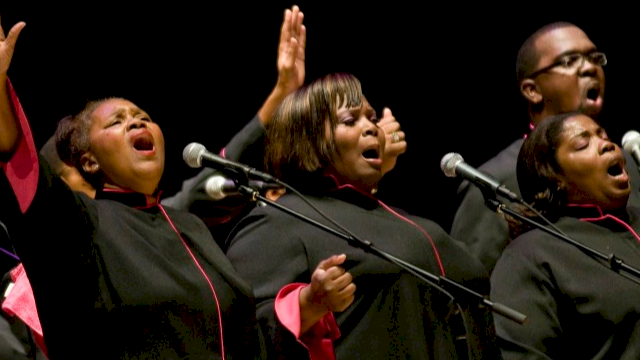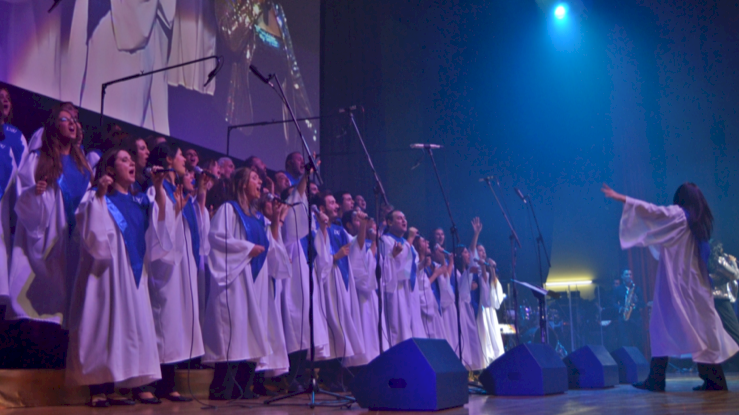Origin of Genres: Gospel blues and Thomas A. Dorsay

When we hear the words ‘gospel music’ it is easy to imagine powerful choruses filled with booming and uplifting voices, mixed with the rhythms of jazz and blues. Although gospel music has been around since the 18th century, what is commonly known as gospel music is thanks to Thomas Andrew Dorsay. Often referred to as ‘Father of Gospel Music’, Dorsay was the one to combine Christian praise with the sounds of his community. It became an establishment of representation and hope for the African-American community ever since the 1930s.

Thomas A. Dorsay
Thomas Andrew Dorsay was born in Georgia on July 1st 1899. He was the son of a revivalist preacher, and his mother was the church organist; these two elements would turn out to be not only part of his identity, but of his legacy. Despite being the son of an organist, he gained most of his musical experience in Atlanta, Georgia where he would play in barrelhouses and parties.
He moved to Chicago and soon became a well-known jazz composer and arranger. It was here he became inspired by the blues, which was gaining popularity amongst the African American community. Dorsay didn’t have any interest in religious music, until one morning in 1921 when he attended the National Baptist Convention. He heard W.M Nix’s rendition of traditional church song “I Do, Don’t You?”. After that he felt his ‘heart was inspired to become a great singer and worker for the Kingdom of the Lord’. Shortly after he started writing his first religious songs. Although sacred music alone could not keep him financially afloat, he didn’t give up on his dreams of preaching the gospel through music.
After hectic touring periods and an intense battle with depression, in 1928 Dorsay experienced a spiritual reinvigoration. After attending a church service with his sister-in-law, Dorsay claimed the preacher pulled a serpent out of his throat providing instant relief and prompting recovery.
He then started recording his very own mixture of blues and traditional church music. He started to market it, even to the point of printing thousands of copies and going church-to-church to try to get pastors to listen to it. His earlier attempts were unsuccessful since blues music was mostly frowned upon in black churches. Blues was associated with sin and hedonism. But, after making a great impression at the National Baptist Church Convention in 1930 gospel blues music finally started taking off in Chicago.
Dorsay then started a convention where musicians could learn gospel blues and went on to found the National Convention of Gospel Choir and Choruses, solidifying his place as the leader of the gospel blues movement. Sadly, shortly after, Dorsay lost his wife and his child during childbirth. This prompted him to write one of his most popular and enduring songs. “Take My Hand, Precious Lord”.
An influx of thousands of migrants from the south, who preferred blues music, turned even the most old-fashioned churches towards gospel blues and jubilees. Within months, gospel was institutionalized in black churches all across the country and remains culturally important to the African American community.

Later life and legacy
Dorsay went on to live a very quiet life despite his influence. He preferred to remain as the music director of his Pilgrim Baptist Church and running the very first gospel blues publishing company. Nevertheless, he left an enduring legacy as one of the most important figures in Gospel music.
Gospel blues is embedded in African American culture not only because of its beautiful and powerful arrangements but also because it was, and still is, a safe space for the Black community to congregate with a message of hope and love in difficult times. Through the medium of gospel blues, African American communities all across the United States got together to process their pain and sorrow and sing about love and hope, all to the sound of amazing blues compositions and powerhouse voices that filled churches across the country.


